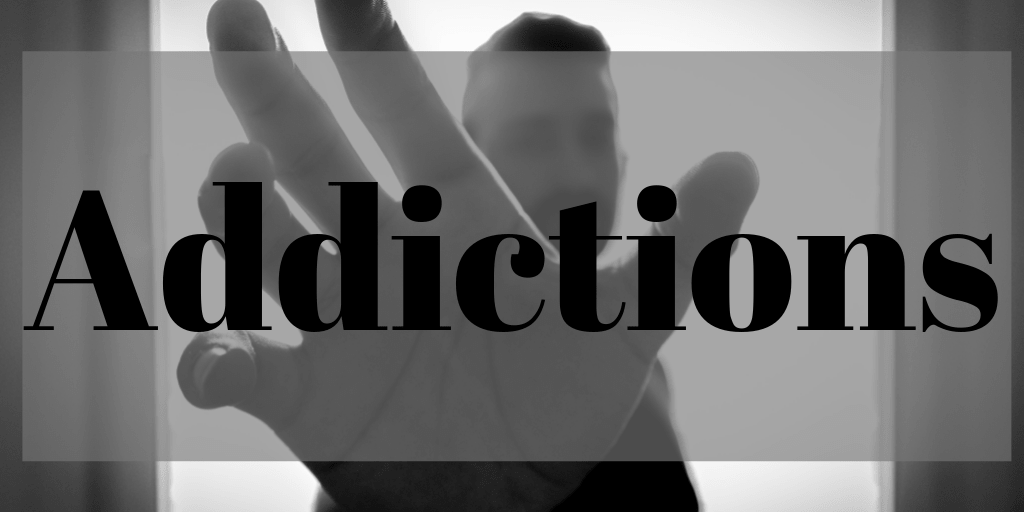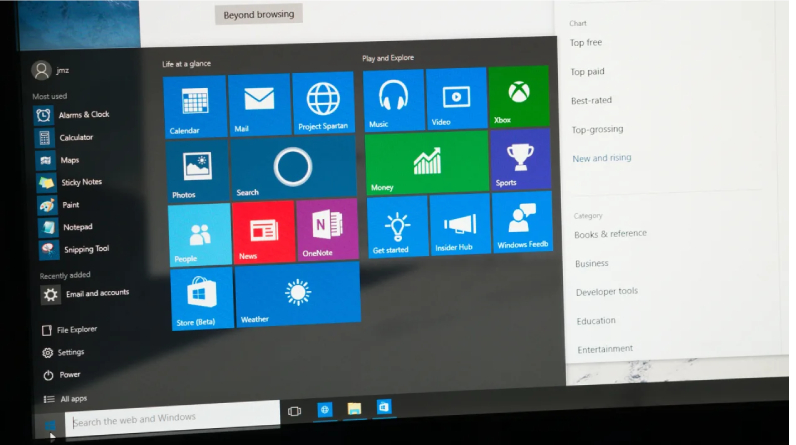In contemporary politics, the traditional definitions of strength and weakness have been flipped. Consider a situation that is likely to be familiar to most parents of teenagers in order to demonstrate the typical understanding of strengths and weaknesses (or in my case, from my experiences as a high school teacher).
When you ask a teenager to do something that could be unpleasant or inconvenient, they are likely to resist. There are many possible courses of action, but two extremes stand out: (1) talking to the young person in a calm manner, trying to understand and respect their perspective, explaining your rationale, and making small adjustments as needed to reach the ultimate goal; or (2) asserting your dominant position as a parent (or teacher), possibly with threats, perhaps by raising your voice, with no regard for their perspective, until they ultimately submit, li.
If we continue with this example, under what circumstances would you be more likely to go with one of these choices over the other? Maybe at the time you’re facing this challenge, you’re feeling optimistic, assured, and in charge. On another occasion, you’re completely spent from dealing with an unyielding adolescent at the end of a long and frustrating day.
It’s obvious that if you’re presented with Scenario A, you should go with Scenario A’s corresponding action, and if you’re presented with Scenario B, you should go with Scenario B’ As for the latter, it’s not uncommon to feel remorse after the fact for having acted in such a way. A “moment of weakness,” as we might put it.
You have authority as a parent (or teacher) here, and you know what’s best for the situation. The expectation remains that you “be the adult in the room,” even in this unequal power relationship.
Inverting the norm
This attitude should be especially pronounced amongst peers, such as amongst friends, family, and colleagues. When we disagree, we all know how people of strong character should behave. And we know it’s a sign of weakness when we fall short of that.
However, in modern political discourse, in contrast to other spheres of life, many view an interest in learning about and cooperating with the opposing side as a sign of weakness. However, being dismissive of the other side and stubborn is seen as a sign of strength. Unfortunately, in today’s political climate, many people prefer to dominate others rather than work together.
The mission of Braver Angels is to alter that way of thinking. In spite of strong disagreements, we aim to promote mutual respect by bringing together people who hold different political views.







